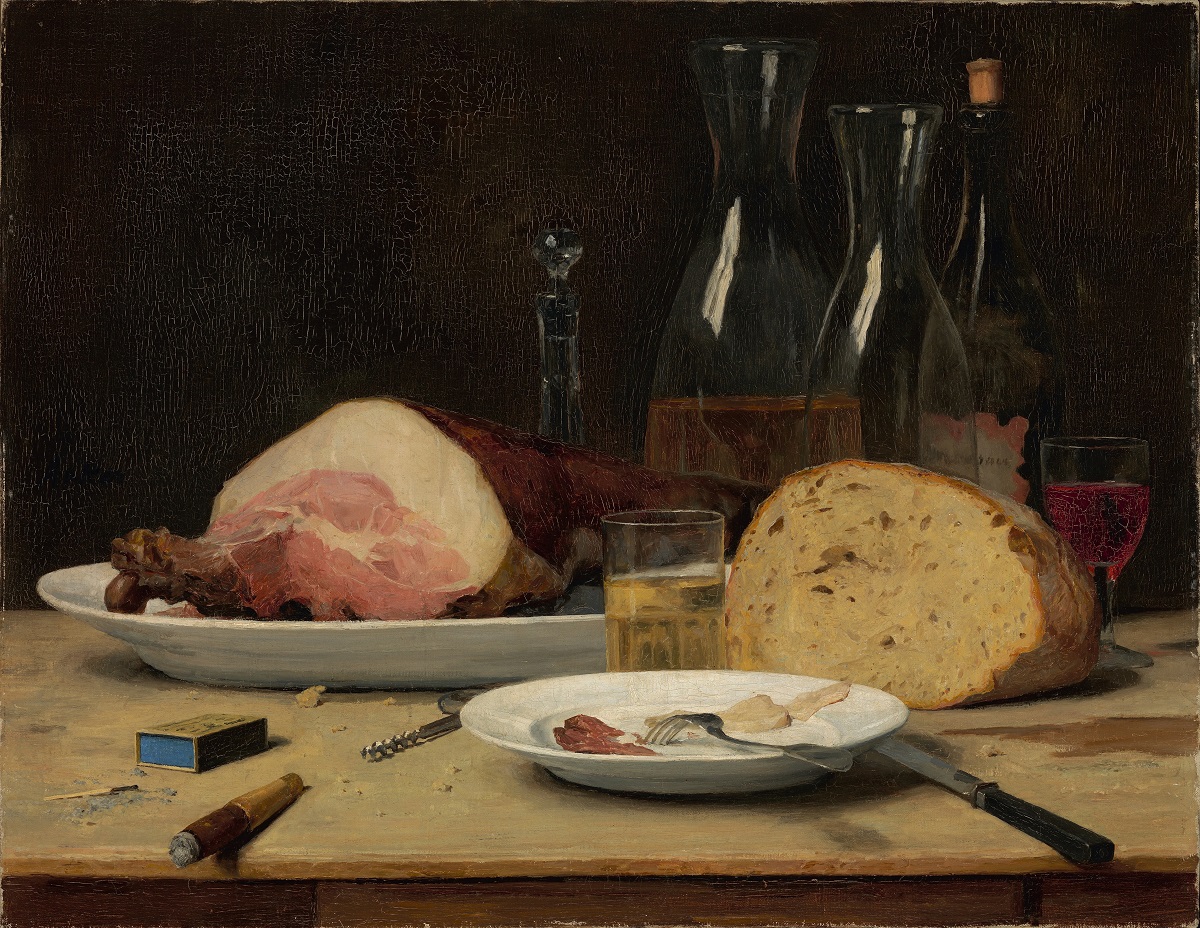By Amber Kinloch
“Gluttony is an unregulated love for food or drink. It is an appetite out of order, by which we abuse the legitimate pleasure God has attached to eating and drinking” (The Seven Capital Sins, Tan Books, pg. 34).
When we think of gluttony, we probably picture somebody stuffing themselves to excess or guzzling down a huge bottle of liquor. But the sin of gluttony encompasses more than overeating or overdrinking. Pope St. Gregory the Great and St. Thomas Aquinas describe four other ways in which we can commit this sin.
The Problem of What and How We Eat
One way we can sin is by being a “gourmet,” indulging in food that is too luxurious, exotic, or costly. This fault might manifest itself in our being too picky, for instance, about where we buy our food from. We count it as a need to shop at a high-end grocery store instead of somewhere more within our means. Or perhaps we go overboard whenever we celebrate special occasions, dropping hundreds of dollars on steaks, a three tier cake, and a rare bottle of wine. We make an idol out of the food.
Similarly, we can eat food that is excessive in quality, i.e., too daintily or elaborately prepared. C.S. Lewis gives a great example of this in Letter XVII of The Screwtape Letters. He describes an older woman who is enslaved to gluttony through her insistence that her food be prepared “just so.” She is constantly unhappy because a servant brews her tea too strong, or brings her too much to eat when she’d just like a bit of toast with a spoonful of jam. She reminds me of a coffee snob who refuses to drink coffee that isn’t brewed fresh or made with a French Press or which has too much cream in it.
We can eat too soon or at an inappropriate time. This might manifest in a habit of grazing all throughout the day, eating meals at random times instead of fixed hours. Or maybe we overindulge in appetizers so that we’re not hungry for the main meal at a wedding reception or a family reunion.
We can eat too eagerly or avidly. We might not overindulge or eat food of excess quality, but we take excess pleasure in the act of eating itself. This is the worst form of gluttony. Pope St. Gregory gives the example of Esau, who sold his birthright to Jacob for mere bread and stew (Genesis 25:29-34).
We might also count the unlawful use of drugs as a kind of gluttony.
The Dangers of Gluttony
Gluttony leaves us prey to all sorts of other sins and temptations. Overindulging in food or drink dulls our mind and senses. We can become slothful, quarrelsome, and neglectful of our duties. Our being picky about what we eat might lead to overspending and habits of selfishness and greed. Gluttony can even lead to the destruction of our own health and life through obesity or addictions to drugs or alcohol.
Gluttony leads us to miss out on the proper pleasure to be taken in eating and drinking. Furthermore, as St. Paul says, our bodies are temples of the Holy Spirit and are not our own. Therefore, we should glorify God in our bodies through all we do, including our eating and drinking (1 Corinthians 6:19-20; 1 Corinthians 10:31)
Combatting Gluttony
The first step in combating gluttony is recognizing how we tend to commit this sin and why. Perhaps we work from home and have fallen into a habit of eating too soon when we get bored. Or we binge eat because we’re stressed. Or maybe we indulge in expensive delicacies under the pretense that it’s better for our health or in order to keep up appearances with our neighbors.
Upon recognizing our weaknesses, we can take up appropriate arms. If we eat too eagerly, inhaling food without a thought, we can practice eating slowly and consciously with a spirit of gratitude. If we eat too soon, we can set specific times for our meals and make use of a timer.
If we’re inclined to be picky, we can eat the food exactly as it’s prepared, not fussing about the temperature or seasoning. We can eat or drink more of what we don’t like (e.g., water, vegetables) and less of what we do (sweets, alcohol). We can curb our appetite while shopping and limit unnecessary purchases by writing out a list beforehand and buying only what we need.
And of course we can fast and abstain as the Church encourages us to do so in the season of Lent. What that looks like will vary from person to person, but make it sacrificial while maintaining moderation. Better yet, strive to establish a habit of physically mortifying yourself in small ways on a daily basis. It will help subdue your physical passions and prepare your heart for the eternal banquet in Heaven.

Amber Kinloch
Amber writes from the bunker of her living room. There she hunkers down with her laptop and a blanket while keeping an eye and ear tuned in to the activity of family life. Music set on loop keeps her energy flowing as she muses on the deeper happenings of ordinary life and what food to restock the fridge with.






0 Comments